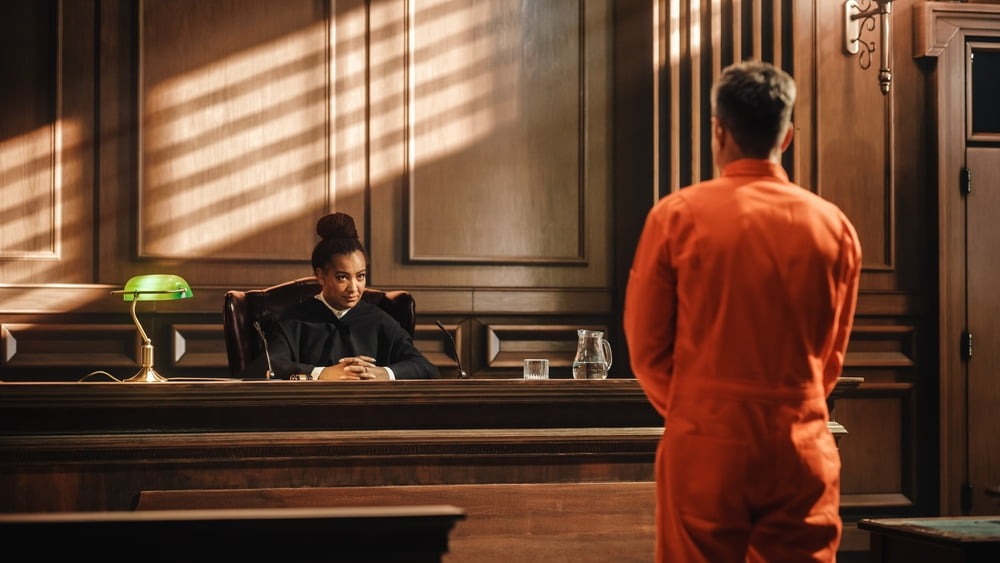During a criminal arraignment, you face an important legal process. It’s your first court hearing where charges against you are read. You may feel apprehensive, but understanding what happens is crucial. You appear before a judge who informs you of your rights. This is the time when you enter a plea: guilty, not guilty, or no contest. If you cannot afford a lawyer, the court appoints one for you. Knowing these steps can help ease your anxiety. It’s not about knowing every detail but being aware of what to expect. A knowledgeable attorney, like Tad Nelson, can guide you through this process. They can explain legal terms and help you make informed decisions. Remember, this is just the beginning of the legal journey. Prepare yourself by staying calm and attentive. By understanding each step, you take control of your path forward.
Understanding Arraignment
In a criminal arraignment, the court officially charges you with a crime. You stand before a judge who informs you of the charges. The judge ensures you understand your rights. You have the right to remain silent and the right to an attorney. These rights protect you during the legal process. It’s important to listen carefully during this time.
Plea Options
During the arraignment, you must enter a plea. Here are your options:
- Guilty: You admit to the crime.
- Not Guilty: You deny the crime.
- No Contest: You do not admit guilt but accept the punishment.
The plea you choose impacts your legal journey. If you plead guilty or no contest, the case moves to sentencing. A not guilty plea leads to setting a trial date.
Role of Legal Representation
Having an attorney during arraignment is crucial. If you can’t afford one, the court appoints a public defender. Your attorney helps you navigate the legal language and advises on the best plea. They play a critical role in defending your rights. Learn more about public defenders from the United States Courts.
Setting Bail
The judge may decide on bail during the arraignment. Bail is money you pay to remain free until your trial. The bail amount depends on several factors:
| Factors | Explanation |
| Severity of the Crime | More serious crimes often require higher bail. |
| Flight Risk | If you are likely to skip court, bail may increase. |
| Criminal History | A history of crime can lead to higher bail. |
Bail ensures you return for trial. If you attend all required hearings, you get your bail money back.
Possible Outcomes
The arraignment can lead to several immediate outcomes. Here are the possible scenarios:
- The judge sets a trial date for a not guilty plea.
- The judge sets a sentencing date for a guilty or no contest plea.
- Bail is set, allowing you to remain free until trial.
Importance of Knowing the Process
Understanding the arraignment process helps reduce fear and confusion. It’s a critical moment in your legal journey. Knowing what to expect helps you prepare mentally and emotionally. By approaching the process calmly, you can make better decisions.
To understand more about court procedures, visit the U.S. Department of Justice. They provide detailed resources about the criminal justice process.
Conclusion
The criminal arraignment is your first step in the court system. By knowing what to expect, you reduce uncertainty. Listen carefully, understand your rights, and make informed decisions. With the guidance of a competent attorney, you navigate through this phase confidently. Remember, this is the start of your legal path. Stay informed and prepared every step of the way.
